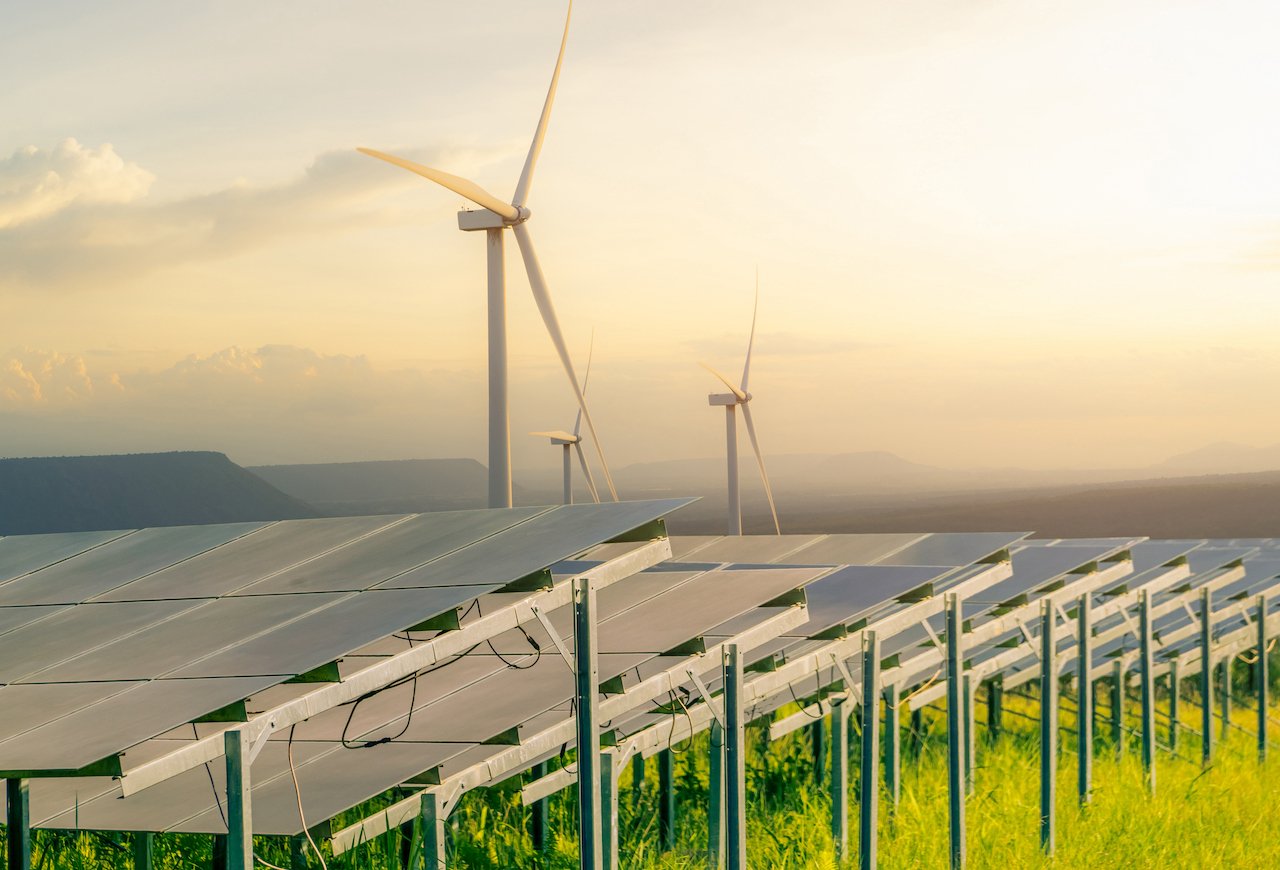The European Commission has established a new state aid framework known as the Clean Industrial Deal (CISAF) to promote the development of clean energy and facilitate industrial decarbonization among member states. This framework outlines the criteria under which countries can provide financial support for specific investments compliant with EU state aid regulations.
CISAF enables the European Commission to approve aid schemes proposed by member states, which will expedite the implementation of financial assistance aimed at advancing clean industry. The framework covers a variety of decarbonization technologies, including hydrogen, carbon capture and storage, biomass, and electrification. Support can be allocated based on predetermined aid amounts (for investments up to €200 million), the funding gap, or through a competitive bidding process.
Effective until December 31, 2030, CISAF provides member states and businesses with long-term predictability. It replaces the Temporary Crisis and Transition Framework (TCTF), which had been operational since 2022. The new framework simplifies state aid regulations across five key areas:
1. Expansion of renewable energy and low-carbon fuels. 2. Temporary electricity price relief for energy-intensive industries to facilitate the transition to affordable clean electricity. 3. Decarbonization of existing production facilities. 4. Development of clean technology manufacturing capacities within the EU. 5. Mitigation of investment risks in clean energy initiatives, decarbonization projects, clean technology, energy infrastructure, and circular economy projects.
Teresa Ribera, the Executive Vice-President for Clean, Just and Competitive Transition, emphasized the importance of decisive action for Europe to maintain its leadership in clean technology. She stated that the new framework not only simplifies and accelerates support for decarbonization but also recognizes the state’s role as a strategic investor in future clean energy initiatives. Ribera highlighted that this tool aims to enhance climate action, strengthen Europe’s resilience, and maintain global competitiveness in industry, all while preserving the integrity of the Single Market and promoting stable, affordable, and equitable energy systems.
Despite these advancements, a coalition of organizations has urged the European Commission to provide greater flexibility in regulations concerning low-carbon hydrogen. They argue that the current proposals could hinder project development significantly.
In a related initiative, last month the European Commission allocated nearly €1 billion in public funding to 15 green hydrogen projects following the second auction by the European Hydrogen Bank. The selected projects include eight in Spain, three in Norway, two in Germany, and one each in Finland and the Netherlands, reflecting Europe’s commitment to expanding its clean hydrogen capabilities.




